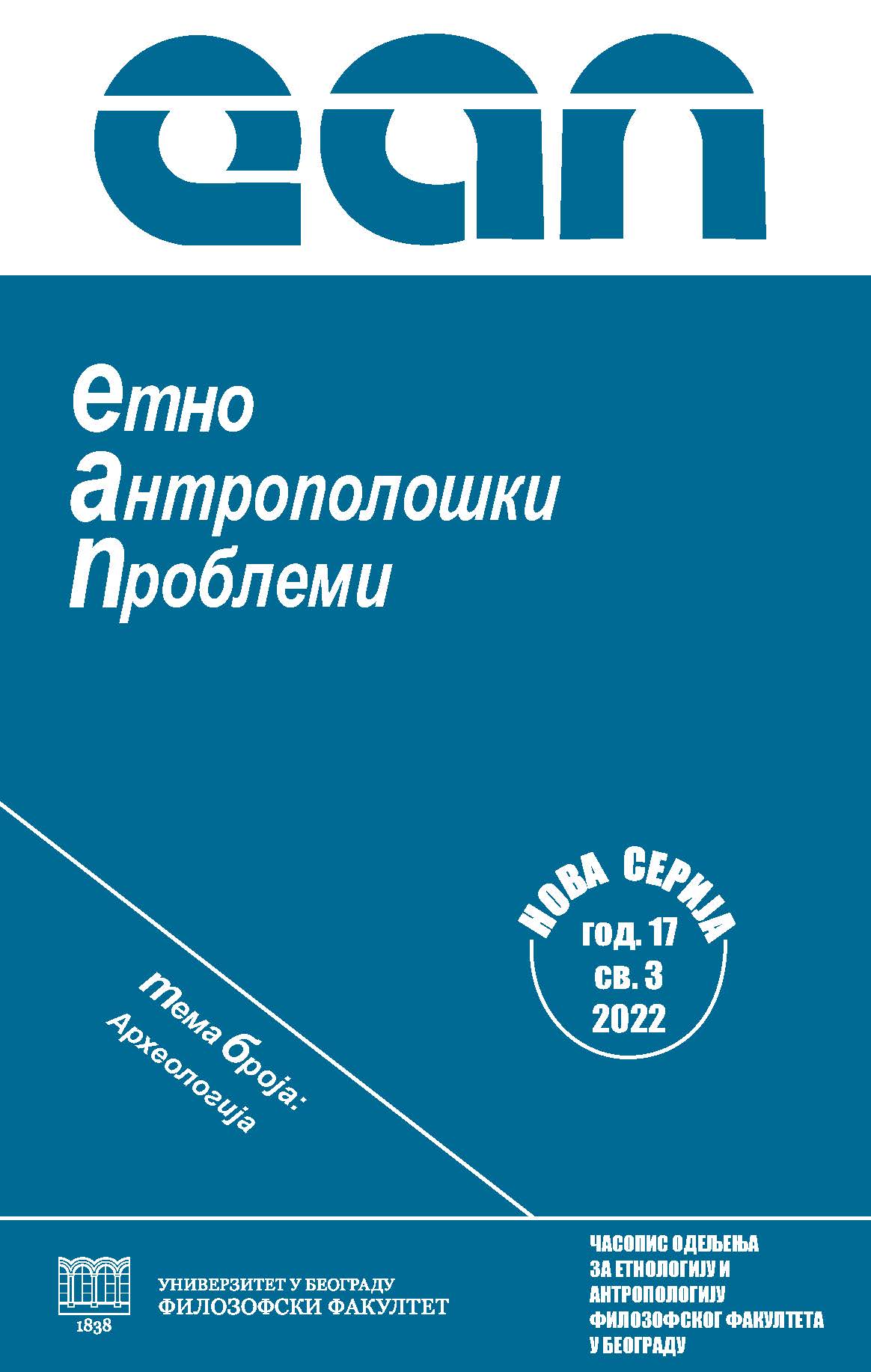Kultura u književnosti i književnost u kulturi u germanističkoj nastavi književnosti – analiza primera iz nastavne prakse
Culture in Literature and Literature in Culture in the Germanistic Training in Literature – Analysis of a Case from Teaching Practice
Author(s): Marina M. Petrović JilihSubject(s): Language and Literature Studies, Studies of Literature, German Literature
Published by: Филозофски факултет, Универзитет у Београду
Keywords: literature didactics; literary texts; cultural interpretive patterns; culture; teaching; qualitative research; analysis of documents
Summary/Abstract: Building upon the current culturological and literary didactic discourse, thispaper analyses the cultural knowledge implicated in the chosen literary texts andexplicitly located in students’ essays. Since the culturological research treatsindividuals acting as subjects, and therefore responsible for interpreting andcreating their actions, the qualitative methodology is applied and the scientificdesign of document analysis. The sample consists of the final year students(2020/2021) academic year of the Department of German Studies of the Facultyof Philology and Arts of the University of Kragujevac. It is postulated thatthe students do not possess adequate cultural and culturological knowledge ofthe divided Germany, that their critical and self-critical social consciousness isnot fully developed, and that this will impede the understanding of the literarytexts. Starting from the research questions: what is the extent of the students’command of the cultural interpretive patterns from the period of the GermanDemocratic Republic and immediately after the German unification, and dothey perform the literary, culturological, and cultural competences needed forthe understanding of novels and their independent interpretation, the followingaims were established: enabling the students to identify cultural knowledgein literary texts; enabling the students for independent, grounded, critical, andself-critical reading and interpretation of the texts and cultural patterns therein,as well as the development of awareness of social-political engagement and theneed for social-political critique of their own and the target culture society. Onthe base of categorisation and sub-categorisation of cultural patterns, as well asthe reflections on literary texts derived from the analysis of students’ essays,the conclusion has been reached that the suggested didactic model correspondsto the established aims, and that, since it is derived directly from the teachingpractice, it can be considered as a modest contribution to its advancement.
Journal: Етноантрополошки проблеми
- Issue Year: 17/2022
- Issue No: 3
- Page Range: 1101-1119
- Page Count: 19
- Language: Serbian

